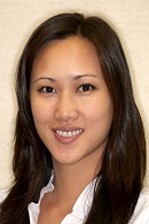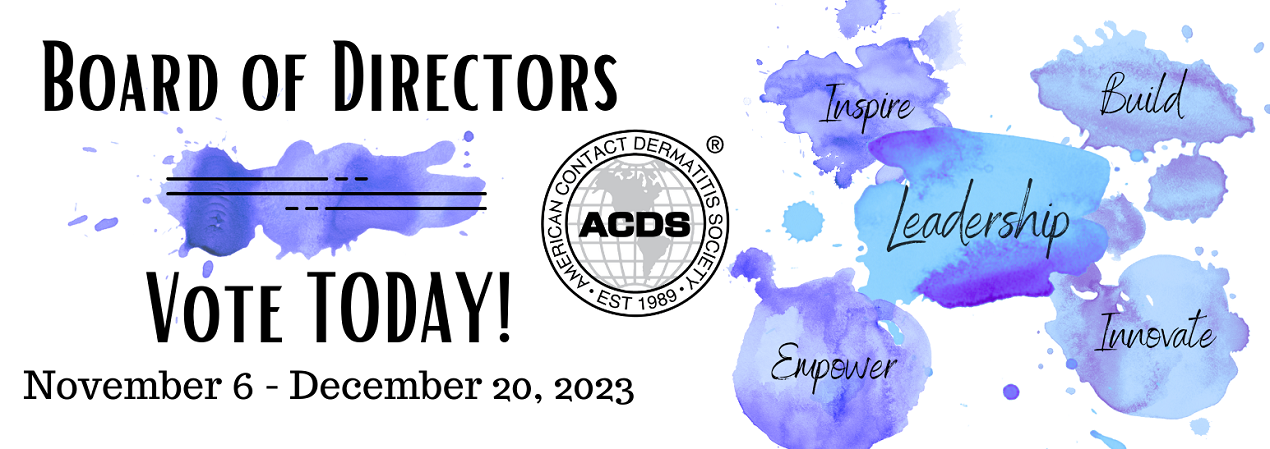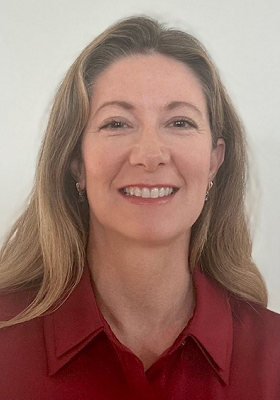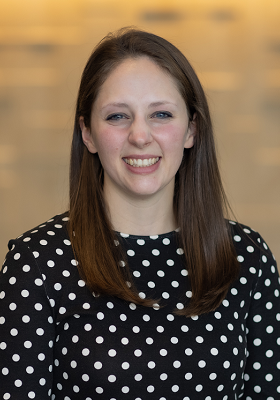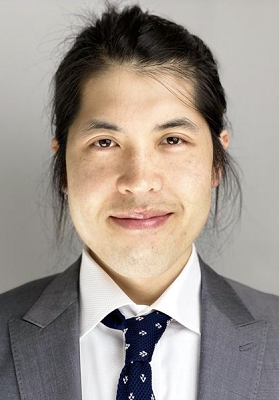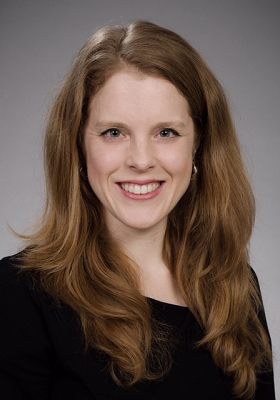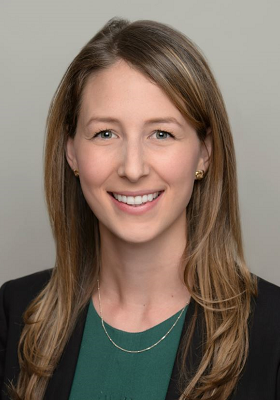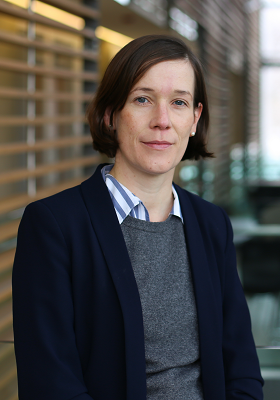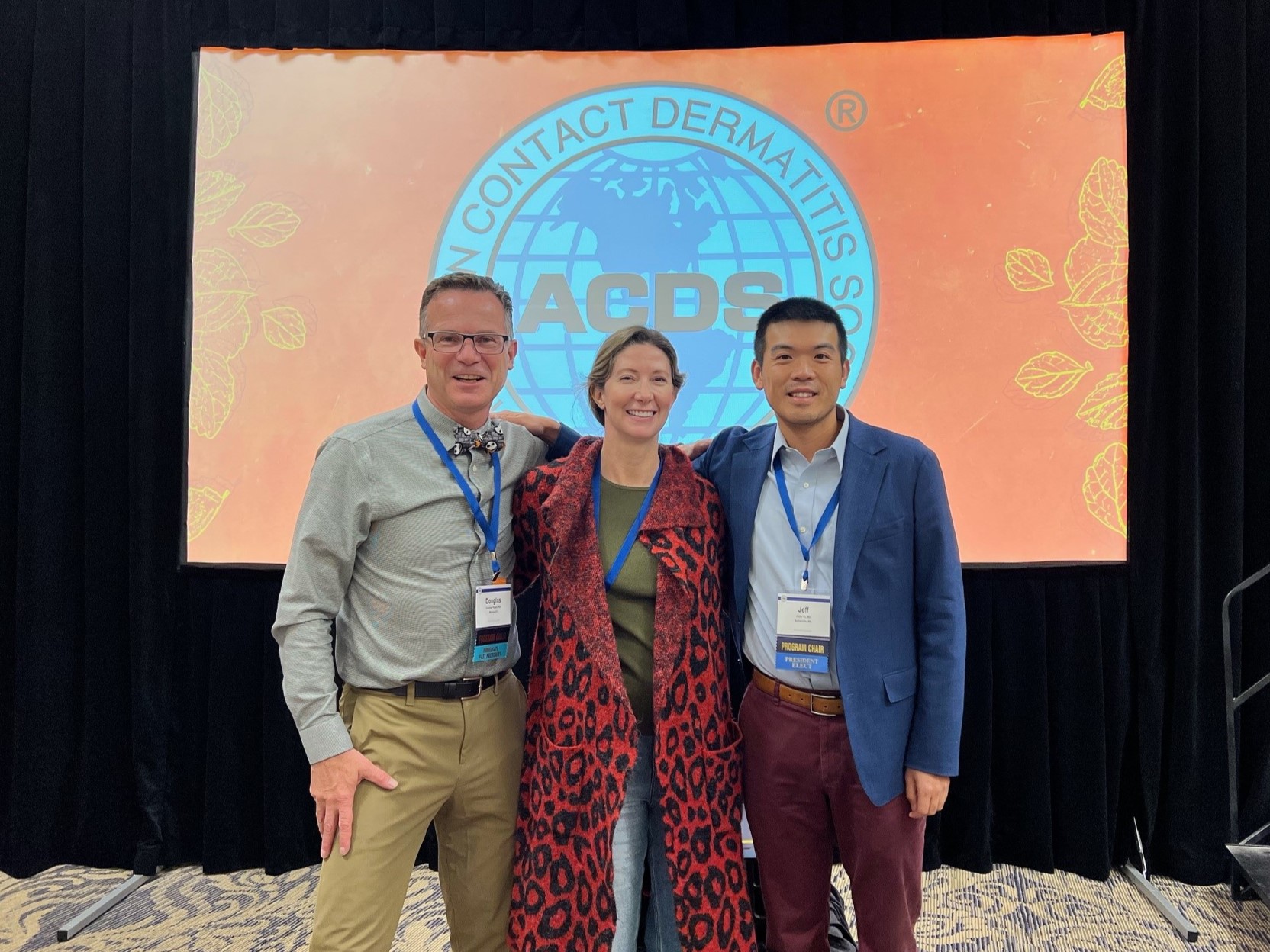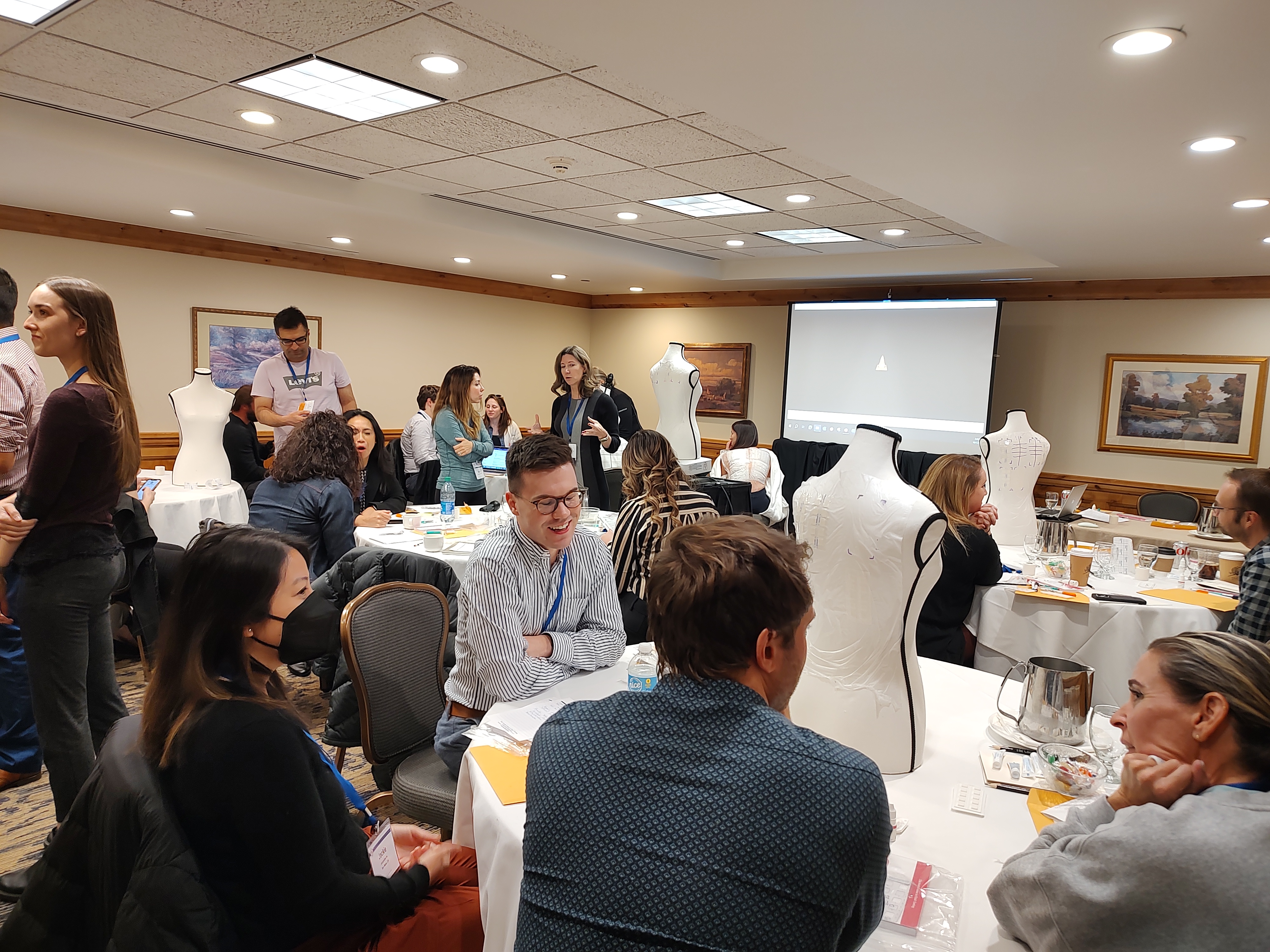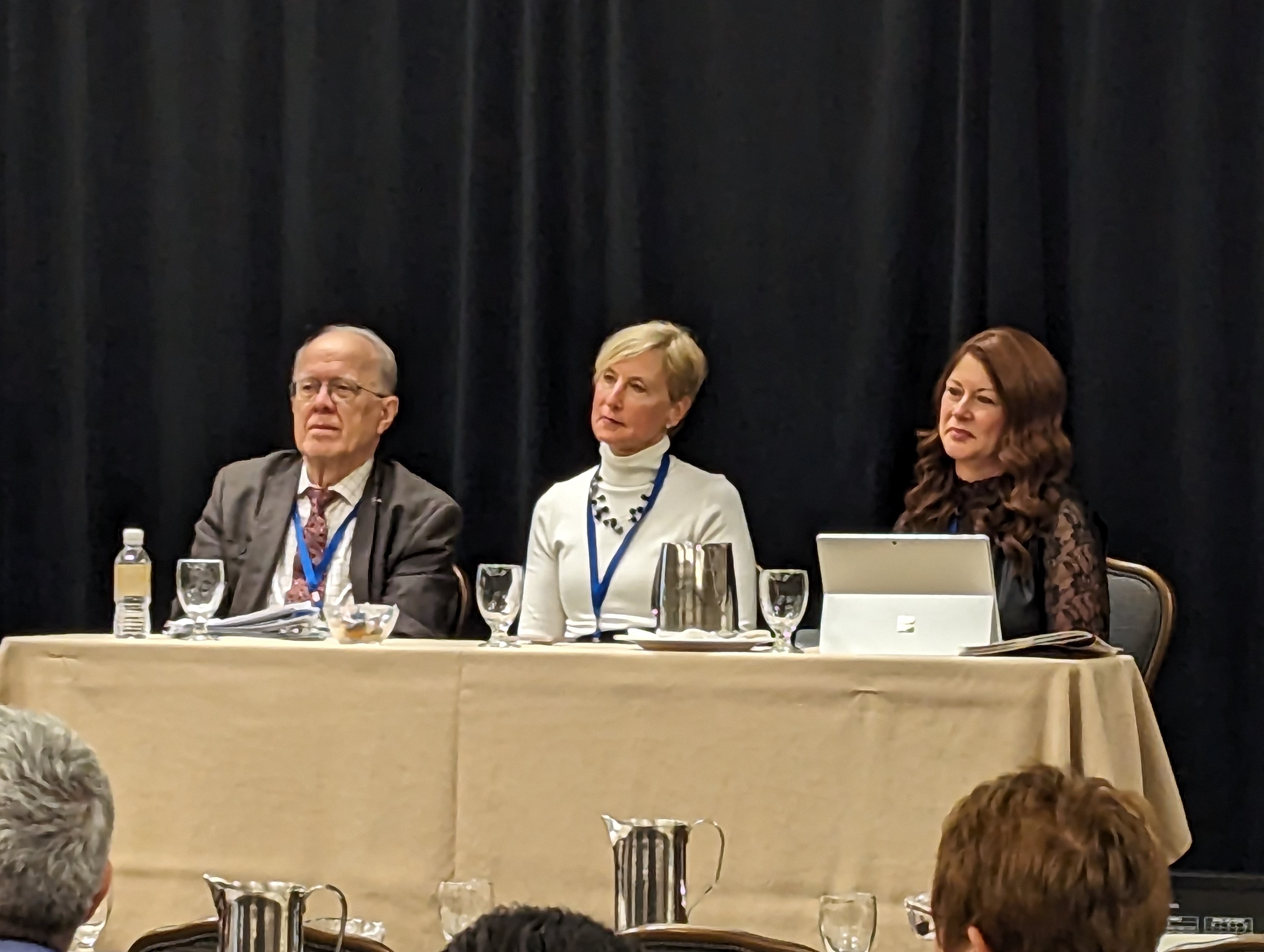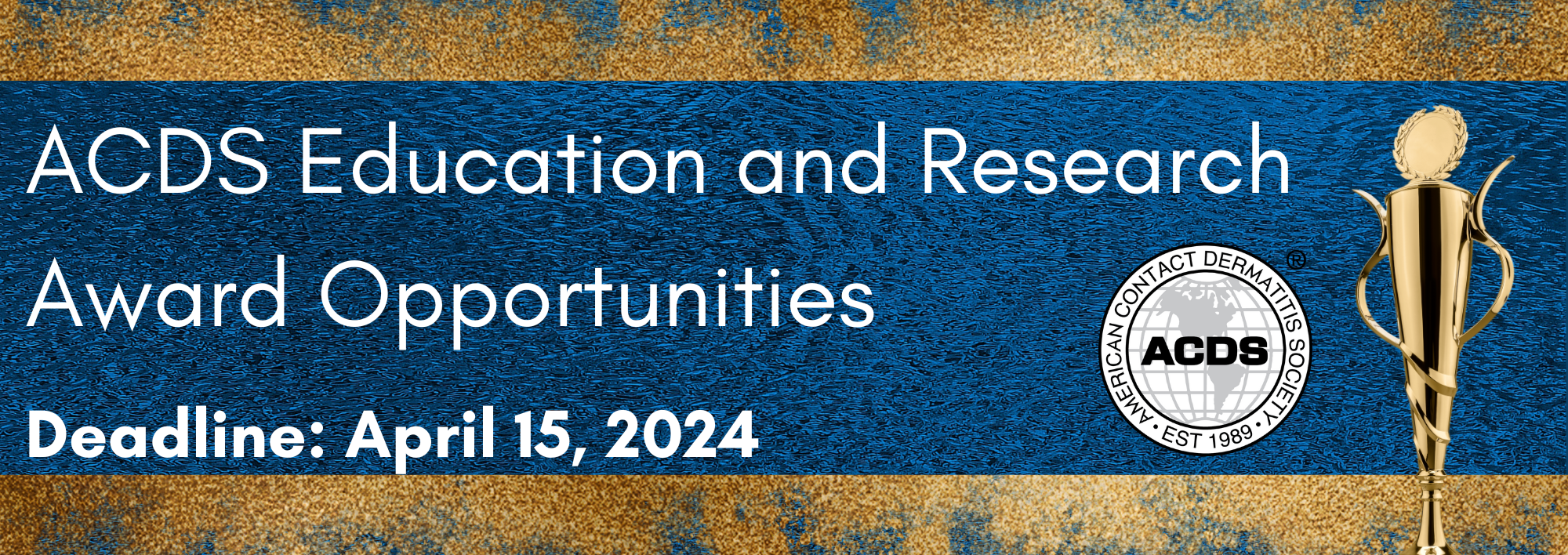
Message from the PresidentDear ACDS Member, If you have member news or information you would like highlighted in a future ACDS Newsletter, please email it to info@contactderm.org. Sincerely,
Jennifer K. Chen, MD
American Contact Dermatitis Society |
|
Inside This IssueVOTE for Your Board of Directors Deadline: December 20 Deadline: December 20 14th Annual Contact Allergen Bee Add Dermatitis to Your Library! Deadline: April 15 |
||||||||||||||||||||||||||||
|
Now Accepting 2024 ACDS Membership ApplicationsRenew Today!Renew your membership today to continue taking advantage of all the great benefits that ACDS has to offer. Member Center Features
* Benefits available for select member types We encourage you to log in and verify that all information on file is correct. Please contact us by email if you have any questions or call (414) 918-9805.
|
||||||||||||||||||||||||||||||
|
ACDS is currently recruiting committee members for the 2024 year. ACDS committees play a significant role in the continued growth and success of ACDS. In addition, each committee provides a unique perspective and approach to ensuring ACDS’s mission and vision is the core factor behind all initiatives and programs. For a complete list of available committees and their responsibilities and terms, click here. Committee terms will begin in March, 2024, following the ACDS 35th Annual Meeting. Those interested in serving on a committee may submit a committee interest form. Please contact info@contactderm.org or call (414) 918-9805 with any questions. |
||||||||||||||||||||||||||||||
|
Select Your Future ACDS Leadership!Voting Deadline: December 20, 2023 at 11:59pm CSTThe 2023-2024 ACDS Board of Director Elections includes three Board of Director positions. All positions will become effective March 7, 2024, following the ACDS 35th Annual Meeting in San Diego. Visit the website or click on the photos or names to
|
||||||||||||||||||||||||||||||
|
Rosemary DeShazo, MD |
Margaret Hammond, MD |
Wei-Che Ko, MD |
|
Lisa Maier, MD |
Emily Milam, MD |
Sonja Molin, MD |
Registration NOW OPEN for the 2024 ACDS 35th Annual Meeting!
We look forward to welcoming attendees to San Diego, CA for the ACDS 35th Annual Meeting, Thursday, March 7, 2024, to be held at the Westin San Diego Bayview, in San Diego, CA.
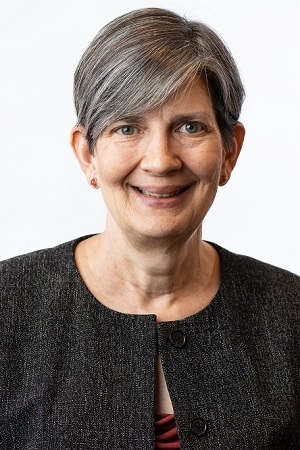 2024 Alexander A. Fisher Lectureship
2024 Alexander A. Fisher Lectureship
Susan Nedorost, MD
Embracing the Complexities of Dermatitis
The ACDS Alexander Fisher Lectureship is awarded each year in honor of Alexander Fisher, MD, in recognition of his contributions to the field of contact dermatitis. This keynote speaker is selected based on his or her contributions to contact dermatitis, reflecting the spirit of Dr. Fisher's enthusiasm for the subject of contact dermatitis, and for sharing knowledge and experience in evaluating patients.
We are excited that Susan Nedorost, MD, has been selected as the ACDS Alexander Fisher keynote speaker for the 2024 ACDS Annual Meeting. It is the highest honor given by the Society and we look forward to her presentation entitled “Embracing the Complexities of Dermatitis”.
Susan Nedorost, MD, is Professor Emerita of Dermatology, Case Western Reserve University. She currently sees dermatitis patients in Columbus, Ohio for Dermatologists of the Central States. Click here to learn more about Dr. Nedorost and this honor.
Register Today!
Registration is now open for the ACDS 35th Annual Meeting. Renew your 2024 ACDS membership and take advantage of the member rates as listed below. The tentative program can be found here. Check back often for the most current information.
We are pleased to offer two registration options to ensure that everyone has access to the education and connections you want and need:
- In-Person: Our face-to-face meeting in San Diego, CA will take place on Thursday, March 7th, 2024. This option also provides access to all on-demand/virtual content of the 2024 Annual Meeting until the end of 2024 following the meeting. If this is for you, please join us in San Diego!
- Virtual: All sessions will be recorded and available for virtual attendees to watch on an on-demand basis until the end of 2024 following the meeting. There will be no live-streaming option the day of the event.
Registration Rates
In-Person & Virtual Registration Rates |
|||
| Before 2/3/2024 | On or After 2/3/2024 | ||
| ACDS Members | $275 | $300 | |
| Non-Member Physicians | $375 | $400 | |
| Affiliate / Researcher / Industry | $250 | $275 | |
| Nurse / Physician Assistant | $75 | $100 | |
| Residents / Students | $25 | $25 | |
Accepting Abstract Submissions
Deadline: December 20, 2023 at 11:59pm CST
Interested in presenting at the ACDS Annual Meeting? Submitting an abstract through the ACDS submission process, allows individuals an opportunity to present research at the Annual Meeting in the form of an oral or poster presentation. In addition, all submissions have the opportunity to be considered for one of our many ACDS Meeting Awards found below.
ACDS Annual Meeting Award Opportunities
- Alexander A. Fisher Resident Award honoring top resident presenters at the Annual Meeting
- Diversity, Equity and Inclusion Travel Award for presenters of an oral or poster presentation focusing on diversity, equity, inclusion, or healthcare disparities within dermatitis
- Diversity, Equity and Inclusion Poster Award honoring the top poster presentation at the Annual Meeting focusing on diversity, equity, inclusion, or healthcare disparities within dermatitis
- Fran Storrs Poster Award honoring top poster presenters at the Annual Meeting
- Maibach Travel Award for presenters at the Annual Meeting who come from outside the U.S. to encourage a global exchange of information
If you would like to be considered for any of the above awards, please be sure to complete the applicable award section during the abstract submission process.
For more information or to submit your abstract, please click here.
If you have questions, please email us or call (414) 918-9805.
Attention Residents: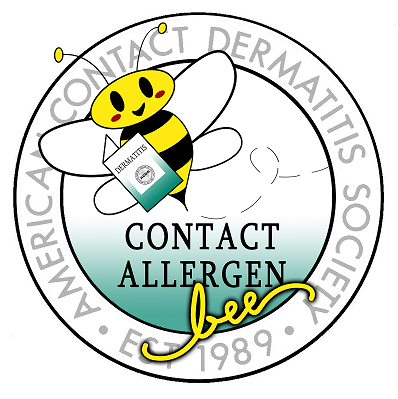
14th Annual Contact Allergen Bee
Come test your contact allergen knowledge by participating in the 14th Annual CONTACT ALLERGEN BEE - a fun and engaging live trivia contest sponsored by the ACDS Dermatitis Journal! Winners are awarded up to $1,000 ($2,000 in total prizes)! Questions are multiple choice and based on papers published in Dermatitis from January, 2023 through December, 2023 and any past ACDS Allergen of the Year articles.
Dermatology residents or allergy and occupational medicine fellows in good standing, who are currently enrolled in an ACGME or international equivalent program are eligible.
Limited spots available - secure your spot early! Sign-up through the Annual Meeting registration, by emailing us, or by calling (414) 918-9805.
Deadline to register for the Bee is Monday, February 19, 2024.
ACDS 2023 Fall Meeting Highlights
|
|
The 2023 Fall Meeting of the American Contact Dermatitis Society (ACDS) was held October 12th-14th in Park City, Utah. The theme of the meeting was “Elevating Dermatitis to New Heights” and featured outstanding speakers and engaging topics. The planning committee included Co-Chairs Drs. Douglas Powell, Jeff Yu, and Rosemary Deshazo, along with members Drs. Alison Ehrlich, Walter Liszewski, Nicole Burkemper, Sonja Molin, Rabina Walsh, Maggie Hammond, and Marjorie Montanez-Wiscovitch.
On Thursday afternoon, we conducted a very successful Basics of Patch Testing Workshop. Dr. Burkemper, Dr. Deshazo, Dr. Yu, and Dr. Wei-Che Ko participated in teaching residents, physician extenders and even some experienced MD's in the basics of contact dermatitis and starting a patch clinic. We were very fortunate to be sponsored by Dormer Laboratories, Inc. / Chemotechnique Diagnositics, who provided scholarships for attending residents, as well as samples of common patch testing supplies. The workshop included a live patient, recruited from the University of Utah Contact Dermatitis Clinic, that allowed us to demonstrate very robust acrylate and fragrance allergies. She was very generous with allowing all of us to discuss her history and presentation of contact dermatitis, as well as knowingly submitting herself to a second round of uncomfortable patch testing and 3+ reactions!
On Friday morning, the meeting began with Dr. Timothy Berger speaking during the Sanofi and Regeneron Pharmaceuticals, Inc. sponsored morning session on the topic of prurigo nodularis. Our former ACDS president Dr. Doug Powell then gave the opening remarks and welcomed attendees to Utah.
|
|
The meeting was organized into focused segments. Friday continued with Demystifying Cosmetics, Deep Dives, Food and Systemic Contact Dermatitis, and the ABC's of Advocacy and Billing Challenges. Dr. Rabina Walsh moderated our first session with Greg Hillebrand, PhD, from the University of Cincinnati. He is faculty in the cosmetic science program and provided valuable insight into development of cosmetic products as well as information on FDA regulations and labeling. Dr. Alison Ehrlich then presented on New and Novel Topics in Cosmetic Allergy.
Dr. Marjorie Montanez-Wiscovich then moderated our “Deep Dives” into Topical Steroid Withdrawal with Dr. Jeff Yu, the controversies of Limonene and Linalool (hydroperoxide form of course!) with Dr. Donald Belsito, and finally Acrylates with Dr. Erin Warshaw.
Dr. Rosemary Deshazo moderated the Food and Systemic Contact Allergens section. Dr. Paul Bigliardi treated us to an off topic but on trend discussion about AI analysis and objective measurements of skin tests. This is so important in our age of artificial intelligence. Dr. Douglas Powell talked about oral contacts, allergy, oral lichen planus, and cheilitis. He shared data on a cohort study of oral contact allergy testing in patients diagnosed with oral squamous cell carcinoma. Finally Dr. Susan Nedorost summarized dietary restrictions in our patient population.
Within the last Friday session, Dr. Yu moderated Dr. James Taylor’s lecture on the importance of advocacy and the value of our medical organizations in today’s often challenging world of medicine. Dr. Alex Flamm presented billing updates and challenges, from which we all realized, she dedicates her time to a very complex and underappreciated problem.
After a few hours of getting out on the trails to hike or enjoy the shops of Main Street, we enjoyed a very nice evening at the Spur Bar and Grill on Main Street in Park City.
|
|
Saturday morning our meeting started with the Keynote Speaker, Dr. Peter Lio. Dr. Jeff Yu moderated. Dr. Lio discussed treatment of atopic dermatitis, including upcoming new medication approvals, and updated uses of our old standards. He was followed by Dr. Nederost’s discussion of irritant contact allergy, Dr. Aaron Drucker on Systemic Treatments of Atopic Dermatitis, and Dr. Lio summarizing alternative approaches and treatments for itch.
Our last session moderated by Dr. Margaret Hammond was an excellent opportunity to ask the experts. Drs. Taylor, Warshaw, and Burkemper kindly accepted an invitation to participate in a panel discussion with pre-submitted and “on the spot” questions from the audience. There is no replacement for the intellectual curiosity of our members and attendees!
The Fall Meeting was a great success due to the very hard work of Angela Logemann, ACDS Membership and Administrative Manager, and Ginger Czajkowski, ACDS Executive Director. Many thanks to them for their dedication to our organization. And thank you for attending this year’s meeting. We look forward to seeing everyone next year for the 35th Annual Meeting, which will take place March 7, 2024, in San Diego.
Submitted by:
Rosemary Deshazo, MD
2023 Fall Meeting Committee Co-Chair
The ACDS is conducting a survey to continue the improvement of future events, principally in preparation for the ACDS 2025 Fall Meeting. We encourage all members to provide feedback by completing this survey. This feedback will assist us during the planning process and help us align our educational offerings with the needs of our membership. Please complete the survey by Monday, December 4, 2023 by following the link here.
Thank you for completing this survey. We look forward to continuing to enhance your ACDS event experiences.
Report from the ACDS Health Policy Committee and AMA Delegation
ACDS had full Representation at the American Medical Association (AMA) 2023 Interim Meeting, which was held was at the National Harbor in Maryland from November 10 – 14, 2023.
ACDS Delegate Bruce Brod, MD, MHCI, FAAD served the AMA Dermatology Section Council as Chair for Reference Committee B resolutions pertaining to legislative advocacy initiatives. ACDS Alternate Delegate James Taylor, MD, FAAD attended the newly formed Bioinformatics Caucus. Drs. Brod and Taylor both testified in reference committees on a number of resolutions.
Drs. Brod and Taylor are members of the AMA Dermatology Caucus also known as the Dermatology Section Council (DSC). The DSC elected new leadership this year after Dr. Cyndi Yag-Howard, MD decided not to run for another term as Chair. Marta Van Beek, MD and Klint Peebles, MD are the new DSC Chair and Deputy Chair respectively.
Key resolutions from the AMA Meeting:
Virtual Credit Cards
Many medical practices face increasing fees for electronic payments, with nearly 60% reporting such expenses in a 2021 survey. These fees, that occur when receiving payments via virtual credit cards (VCCs), have surged since then. In response, the AMA has passed a resolution advocating against physicians using VCCs and will be engaging in legislative and regulatory efforts to address excessive electronic funds transfer fees imposed by payers, urging guidance to affirm physicians' rights to timely, basic EFT payments without additional costs.
RUC Process
This was a resolution designed to modify the Relative Value Scale Update Committee (RUC) process, and base it on datasets that have not yet been defined or available within dermatology and many other specialties. The current RUC process bases physician services on multiple factors, including time and intensity, and is derived from surveys completed by physicians. This resolution was referred to the board after further study.
Medicare Payment Reform
Delegates at the meeting highlighted Medicare physician payment as a primary concern, particularly because of the impending 3.37% payment cuts slated for January without congressional intervention. The House of Delegates voted on a new policy emphasizing the ongoing commitment to reforming the Medicare payment system to sustain the economic viability of medical practices. This includes efforts to prevent the payment cut, secure sustainable annual increases in Medicare payments, and launch a public awareness campaign. At the AMA meeting were signs, placards, and buttons displaying the hashtag #fixmedicarenow.
Large Language Models (LLMs) and AI
This was a resolution designed to create policy pertaining to educating healthcare stakeholders on large language models based on AI. The House of Delegates decided to refer this for study. Earlier discussion in the reference committee emphasized the importance of not inserting any protected health information or intellectual property into LLM generative AI models such as ChatGPT. Several academic medical centers have issued guidelines for the use of generative AI.
Health System Reform
The AMA reaffirmed its stance against single-payer health reform following discussions among delegates in a reference committee. With longstanding and comprehensive policies, the AMA supports a pluralistic healthcare system that prioritizes patient coverage choices and physician practice autonomy. Over the years, the AMA has actively shaped various significant health system reform proposals, reflecting its commitment to influencing the direction of healthcare policies.
ACDS Delegate: Dr Bruce Brod also serves as Chair of the AAD Council on Government Affairs and Health Policy and is a member of the AAD/A Board of Directors
ACDS Health Policy Chair: Dr Alexandra Flamm also serves as a member of the AMA/Specialty Society RVS Update Committee (RUC).
Submitted by:
Bruce A Brod, MD, MHCI, FAAD
Alexandra Flamm, MD, FAAD, Chair, ACDS Health Policy Committee
James S Taylor, MD, FAAD
Take Advantage of Opportunities for Continuing Medical Education Credit offered by Dermatitis
In an era when documentation of Continuing Medical Education (CME) has become critical for supporting applications for state medical licensing, as well as credentialling for staff privileges at regional or University Hospitals, opportunities for CME are essential. With the assistance of our publishers at Mary Ann Liebert, Dermatitis has identified a sponsor for CME credit (University of California Irvine) for taking the self-assessment quiz that is published monthly in our journal. The self-assessment quiz may be accessed at the journal website.
All members of the ACDS are encouraged to take advantage of this new feature of the journal. Up to six hours of Category 1 CME can be obtained per year. This represents one hour of Category 1 CME for each quiz associated with each of the six regular issues that are published annually. The same CME quiz will be associated with any themed “Bonus Issues” published by Dermatitis.
Instructions for obtaining CME credit for the self-assessment quiz:
- Click on the link below to launch the self-assessment quiz.
- Complete requested information.
- The self-assessment quiz will appear.
- Answer all questions by selecting the appropriate response.
- After completing the quiz, a score will be generated.
- A minimum score of 70% will render the test-taker to be eligible for 1 hour of CME credit. If a score of 70% is not achieved, the test-taker has the option to take the test again.
- After achieving 70% score, the test-taker will complete the requested information for CME purposes.
- Answer the questions related to learning skills achieved with brief responses.
- Select MD, DO or health care provider options.
- A certificate of CME will appear with the test-takers name and date of the exam, and the PDF can be downloaded for the test-taker to record and document earning of 1 hour of category 1 CME.
- A PDF of the certificate will also be sent to the email address that the test-taker provided.
We have been monitoring the use of the self-assessment quiz for CME by our membership, and very few ACDS members have taken advantage of this feature since its initiation this summer. We encourage our membership to utilize this feature to test your knowledge and support the documentation for your continuing medical education.
Changes in the Editorial Office
With a rising Impact Factor (now at 5.2), it is not surprising that the number of manuscript submissions to Dermatitis continues to steadily increase year over year. For the calendar year 2023, we are projecting over 400 manuscript submissions to the journal for consideration for publication. This projection will be more than a 10% increase in submissions compared to the 2022 calendar year. We are pleased that our journal is a destination for more and more scholarly articles. This does not necessarily indicate that there will be more articles accepted for publication, as it is our policy to select the finest clinical and scientific works for publication in Dermatitis. To expeditiously handle this increasing number of manuscripts, the Editorial Office has decided to expand and add a second deputy editor to assist us with our editorial duties. Deputy editors work with the editor-in-chief in processing manuscripts, assigning reviewers and deciding the final disposition of manuscripts submitted for publication. They also serve in an advisory role for the journal, and play an important role in the development of editorial policies. Lastly, they can act as an interim editor in chief in the event that the editor-in-chief is unable to perform his/her duties.
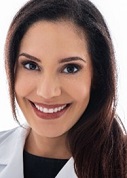 |
We are pleased to introduce Dr. Marjorie Montanez-Wiscovich as our second deputy editor. Marjorie is full time faculty in the department of Dermatology at the University of Florida, where she serves as a clinical associate professor, and is involved in patient care, patch testing and medical education. She received an MD PhD degree at Case Western University, followed by her Dermatology residency. She has served as a section editor for Dermatitis, and has authored the self-assessment quiz since 2021 and thus has an excellent understanding of the workings of the journal. She joins Dr. Jake Turrentine, who has been deputy editor since 2021. |
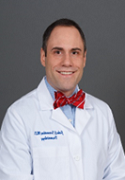 |
Dr. Jake Turrentine has been deputy editor for two years. Jake has performed his duties as deputy editor and has been truly outstanding in his efforts at supporting Dermatitis. He has been a dedicated, thoughtful and energetic resource for the Editorial office, and we look forward to his continued efforts in this capacity. Jake completed his Dermatology residency training at University of Texas Southwestern, and is currently in practice in Hickory, North Carolina, where he provides patch testing, medical and surgical dermatology to the community. Jake has been involved with Dermatitis since 2016, when he assumed the role of section editor for the self-assessment quiz. At my invitation, he joined the editorial office as deputy editor in 2021. |
Together, we will lead the journal in the processing of submitted manuscripts, and in maintaining a high level of scientific and clinical excellence. We will be working collaboratively with the ACDS and our entire editorial board in forming editorial polices and tactical strategies for Dermatitis. I look forward to working with Jake and Marjorie, both bright, young dermatologists who will have important roles in achieving the goals of our journal.
Submitted by:
Anthony Gaspari, MD
Dermatitis Editor-in-Chief
Now published by Mary Ann Liebert, Inc. and led by Anthony Gaspari, MD, Dermatitis® is the leading peer-reviewed scientific journal in contact dermatitis, and the only journal in its field that publishes leading research in atopic, contact, occupational, environmental, and drug dermatitis.
The journal is an essential resource for dermatologists, allergists, immunologists, and toxicologists and is now available only from Mary Ann Liebert, Inc. - make sure you and your colleagues don't miss an issue!
Click here to request access from your institutional library now.
The American Contact Dermatitis Society is committed to advancing the care and understanding of dermatology and allergy through the promotion of education, research and advocacy. As part of this initiative, ACDS offers the following educational awards to help encourage research in these areas:
Clinical Research Award
The American Contact Dermatitis Society offers awards for the purpose of relevant clinical studies directed toward the subject of contact dermatitis. Studies that focus on clinical problems or have applications to clinical problems will receive preferential consideration. These awards will not exceed $5,000 each and will favor those in the $3,000 to $5,000 range.
Mentoring Award
ACDS Mentoring Awards are granted for the purpose of assisting young dermatologists including dermatology residents, dermatology fellows, or dermatologist up to 5 years out of residency to become leaders/experts in the field of contact dermatitis by acquiring additional academic skills which may not be available at their training institutions.
Mid-Career Award
The ACDS Mid-Career Development Award provides financial support for ACDS members to defray the cost of acquiring specific skills and knowledge to enhance their professional development in some aspect of contact dermatitis and/or occupational dermatology.
For more information on any of these opportunities,
please visit our website here.
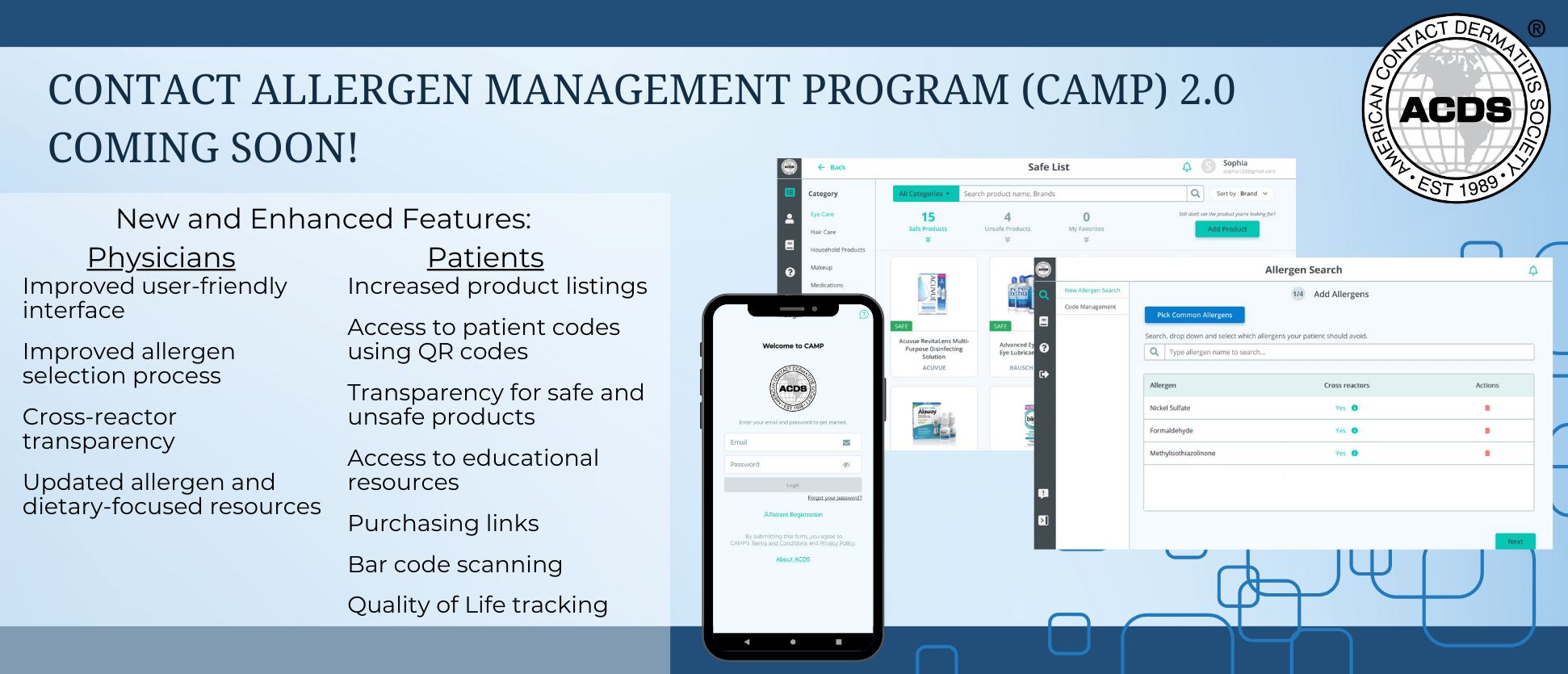
 |
|||
 |
 |
 |
 |


